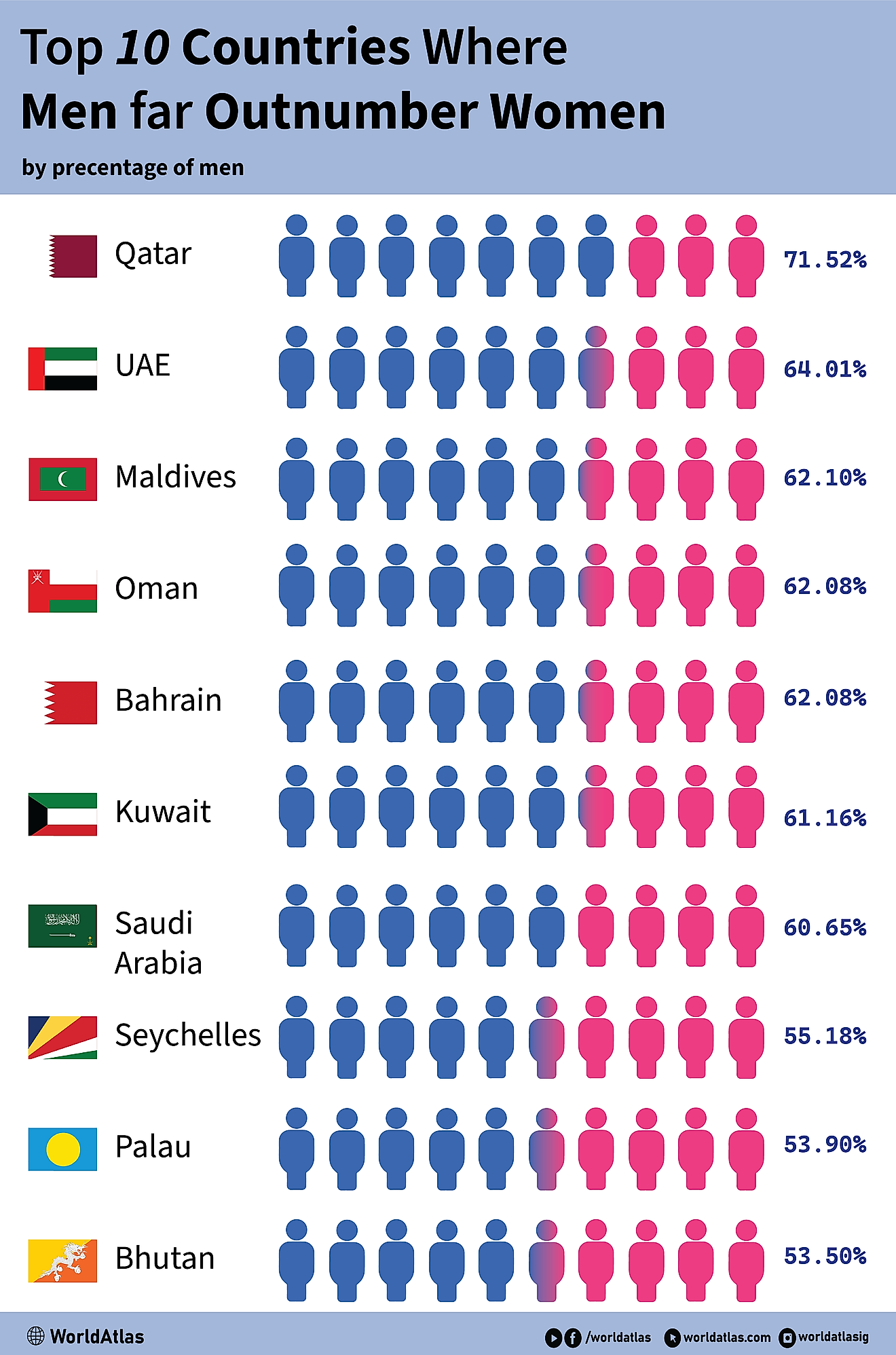What Are Global Superpowers?

The term "superpowers" is used to describe countries that have a dominant position that influences much of the globe. In 1944, the term superpower was coined to distinguish countries who had more than normal power to influence world affairs in politics, economy, and military matters. Lyman Miller defined superpower as a country that had advantage in the four axes of power. These are military, economic, political, and cultural. Professor June Dreyer adds that a superpower should be able to use its power peacefully and at war on a global scale. While Professor Paul Dukes says that a superpower has command of the world as needed, possesses huge economic potential and influence, and carries some degree of universal ideology.
Historic Superpowers
Down through the past millenniums, many nations had the capability to influence other nations by their military might but it took years to stage campaigns which today would only take a week or a month. These ancient superpowers did not have any hesitations in waging war with countries whose natural resources they coveted. These empires took on kingdoms and other empires and became empires themselves. Prime examples are Ancient Egypt, the Hittite Empire, the Persian Empire, the Hellenistic Empire of Alexander the Great, the Roman Empire, the Maurya Empire, the Tang Empire, the Umayyad Caliphate, the Mongol Empire, the Ottoman Empire, the Spanish Empire, and the First French Empire of Napoleon Bonaparte.
Realignment of Global Influences Post-World War 2
Superpower nations of the modern era following World War 2 were the Soviet Union, the United Kingdom, and the United States. These three countries wielded world influence on many crucial matters that encompassed geopolitical, military, and socioeconomic significance. But after World War II, the United Kingdom lost much of its status as a world power due to its military spending which greatly affected its economy. The remaining two superpowers fought it out in the Cold War that ensued with each trying to subvert each other ideologically, politically, militarily, and economically. The rivalry resulted in two military alliances, the Warsaw Pact and the North Atlantic Treaty Organization (NATO), which attracted European nations to choose to join either one of the two alliances.
The End of the Soviet Era
In the early 1990s, the Soviet Union was dissolved and Russia was again a sovereign state. The dissolution of the Soviet Union ended the Cold War. As a result, several of the former republics that once formed the Soviet Union joined the European Union and NATO. Some former member republics joined the Russian Federation while others formed their own unions for economic and security cooperation. The United States retained its superpower status and today still holds that title. In recent decades, Russia has began a military buildup that is still continuing today to possibly get back to its former status as a world power. The Chechnya and Ukraine regions may also have been the catalyst.
Contemporary Position of the United States
The United States could, in some sense, be referred to as the only true superpower remaining today. Its scope of influence is of global dimension. Its so called "soft power" belies its military strength by its capability to draw on its diplomatic corps to influence other countries and international organizations. The U.S. is one superpower that has superior military capability, economic range, and cultural confluence. The stability of international order of countries around the world is ascertained by one, two or more superpowers. With only one superpower, the United States could be called a "hyper power" and its global influence would result in a global hegemonic atmosphere. However, some scholars say that superpower may not be the correct description anymore, and suggested the term "empire" to describe the U.S. today instead. This, however, would not be a new position for the U.S.











